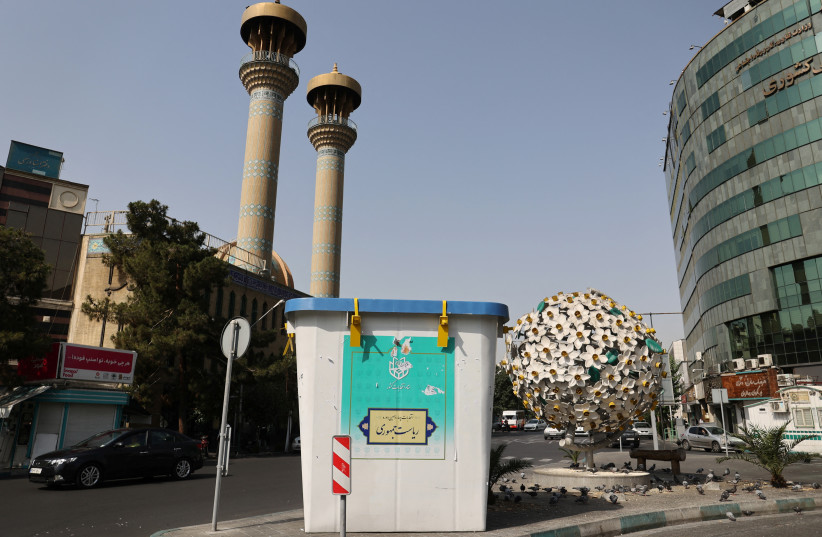Iran will hold a run-off presidential election on July 5 as no candidate secured the required 50% of votes, the Interior Ministry said on Saturday.
Low-key moderate Massoud Pezeshkian got 10,415,991 million of the 24,535,185 million votes counted, while his hardline rival Saeed Jalili got 9,473,298 million, according to a ministry spokesperson.
Turnout in Iran’s presidential election was about 40%, according to interior ministry data released on Saturday - the lowest on record since the 1979 revolution.
Iran's Supreme leader, Ayatollah Ali Khamenei, had called for a high turnout after casting his vote on Friday.
Iran's hardline diplomat, sole moderate to square off in presidential run-off
The vote to replace Ebrahim Raisi after his death in a helicopter crash came down to a tight race between the sole moderate in a field of four candidates and the supreme leader's hardline protege.
With more than 24 million votes counted moderate lawmaker Massoud Pezeshkian led with over 10 million votes ahead of hardline diplomat Saeed Jalili with over 9.4 million votes, according to provisional results released by the ministry.

Power in Iran ultimately lies with Supreme Leader Ayatollah Ali Khamenei, so the result will not herald any major policy shift on Iran's nuclear programme or its support for militia groups across the Middle East.
But the president runs the government day-to-day and can influence the tone of Iran's policy.
